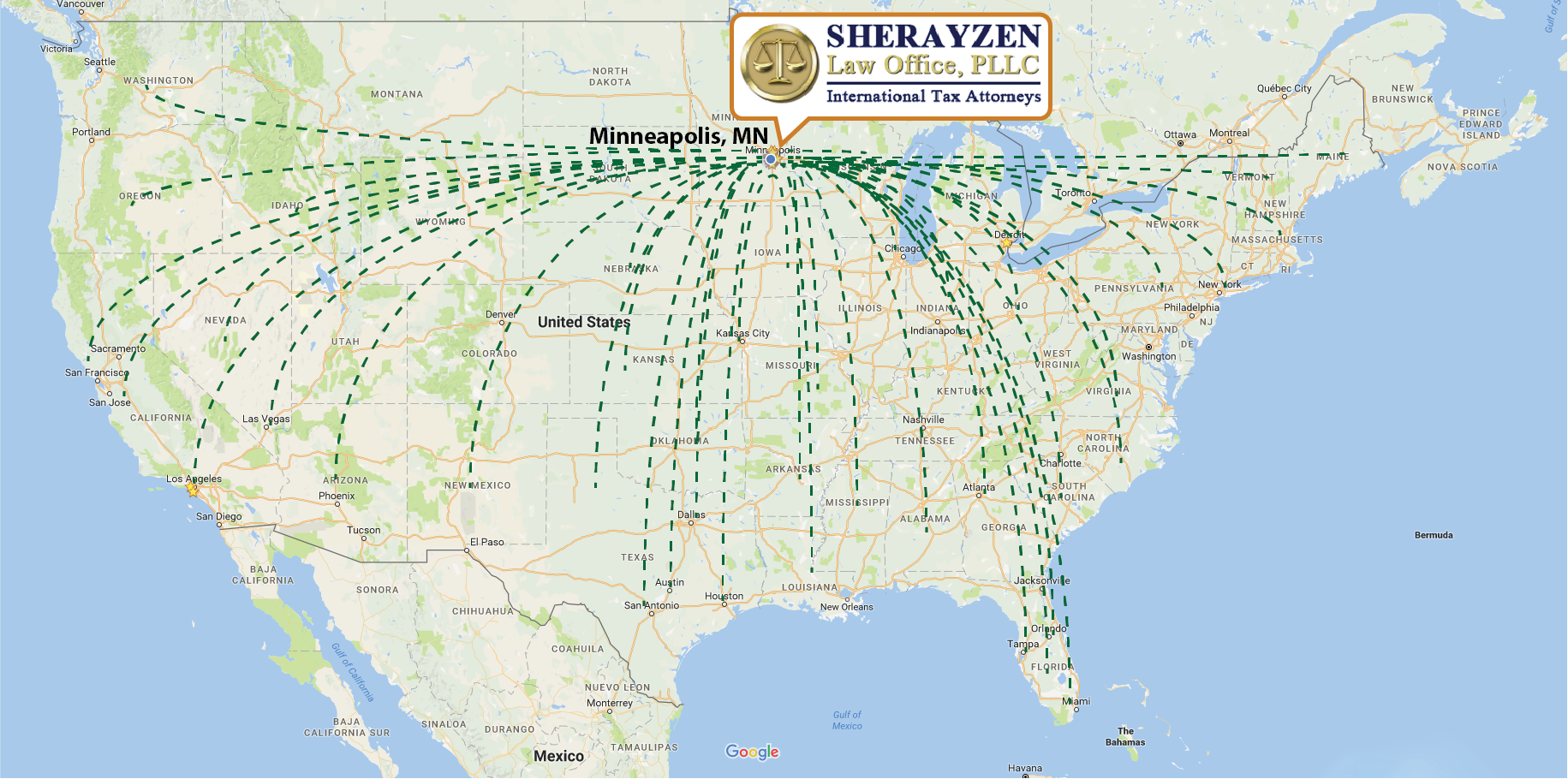FATCA Tax Lawyer: Introduction to FATCA
Hello, my name is Eugene Sherayzen and I’m an international tax attorney and owner of Sherayzen Law Office, Ltd.
Today, I would like to introduce to you one of the most feared pieces of US Tax Legislation that recently reshaped the entire legal landscape of International Tax Compliance. I’m talking about FATCA. Even an introduction to FATCA is an immensely complex topic, but I intend to simplify it as much as possible for you. Obviously, with every simplification, important details are likely to be left out. This is why this is an educational video and does not constitute legal advice.
FATCA stands for ‘Foreign Account Tax Compliance Act’. The US Congress enacted FATCA in the year 2010 to specifically target tax noncompliance of US Taxpayers with undisclosed foreign accounts. After a long preparatory period, FATCA was fully implemented in July of 2014.
The law and the accompanying regulations are complex and voluminous; but, for the purposes of this introduction, in essence, there are two parts of FATCA that apply to different persons at a different time.
The first part of FATCA lead to the creation of IRS Form 8938. Form 8938 obligates US Taxpayers to disclose various information with respect to what is called: Specified Foreign Assets, including foreign financial accounts.
Since 2011, as long as specific requirements are met, Form 8938 must be filed by US Taxpayers with their US Tax Returns. While Form 8938 is a very useful tax compliance instrument for the IRS, it is not the most important part of FATCA.
The second part of FATCA is the key part of this legislation because it introduces a radical new notion that foreign financial institutions, let’s call them FFIs, should be forced to report identifying information about their US Account Holders to the IRS. This is the most feared part of FATCA because the IRS no longer needs to find an undisclosed foreign account which is a process that requires a substantial investment of time and resources; rather now under FATCA, the FFIs themselves will report all of their foreign accounts owned by US Persons to the IRS and they will do this reporting to the IRS not only with respect to all new accounts but also with respect to older accounts or if we use a more technical term: pre existing accounts.
In essence, FATCA has turned all foreign financial institutions into IRS informants when it comes to foreign financial accounts held by US Persons. This means that the risk of the IRS discovery of an undisclosed foreign account of a US Person has increased exponentially and in many cases may now be almost a certainty.
The high risk of the IRS discovery of undisclosed foreign accounts makes any continued noncompliance by US Persons a reckless gamble, which becomes more and more dangerous with each passing day. This is why, if you have undisclosed foreign accounts, contact me as soon as possible.
For many years now, I’ve been helping US Taxpayers like you around the globe to bring your US Tax affairs into full compliance. I will thoroughly analyze the facts of your case, determine your current penalty exposure and advise you with respect to your voluntary disclosure options. Once you choose your voluntary disclosure path, my firm will prepare all the necessary legal documents and tax forms and I will negotiate the final settlement of your case with the IRS. So, call me now to schedule your initial consultation. Remember, contacting my firm is confidential.



